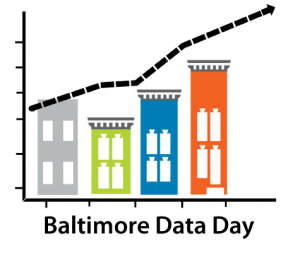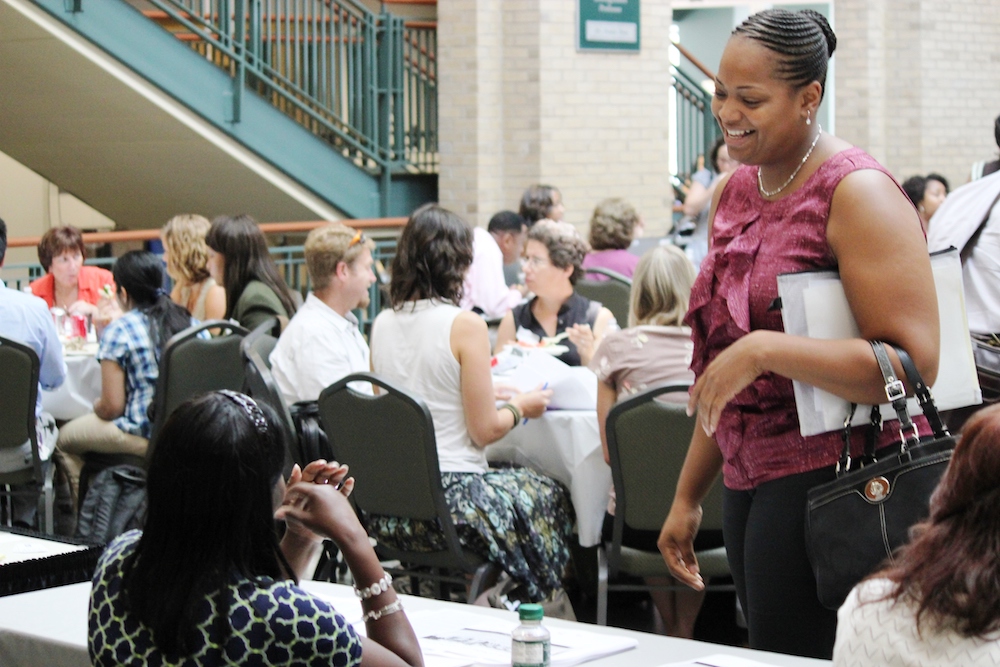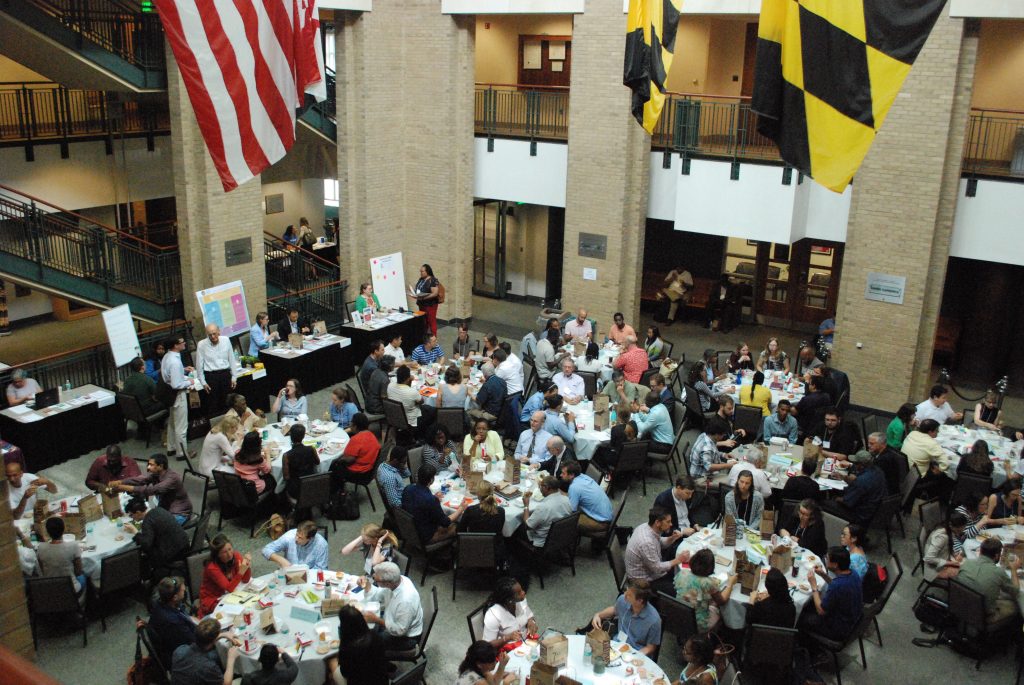 Save the Date!
Save the Date!The 16th annual Baltimore Data Day is scheduled for Friday, July 18, 2025 from 8:30am to 4:00pm at the University of Baltimore. Baltimore Data Day, a free event hosted by the Baltimore Neighborhood Indicators Alliance, is where residents community leaders, government representatives, and others learn how to move from data to stories to action.
Presentations and workshops at this event help communities expand their capacity to use data and technology. During Baltimore Data Day, presenters from across the city share their knowledge about data availability, accessibility, and how data can be actionable for communities.
Baltimore Data Day is open to the public and there is no cost to attend. Space will be limited and registration is required.
Baltimore Data Day is an annual workshop to help communities expand their capacity to use technology and data to advance their goals. At the 16th Annual Baltimore Data Day, community leaders, nonprofit organizations, governmental entities, and civic-minded “hackers” will come together to see the latest trends in community-based data, technology, and tools and learn how other groups are using data to support and advance constructive change. Baltimore Data Day is structured around a series of “how-to” interactive workshops in which people who work with data will explain what data is available, how to access data, and why data can be actionable for communities.
Archive of Past Data Day Presentations The Vital Signs 22: State of the Neighborhoods Webinar Recording
Sponsorship opportunities are available to organizations or individuals who would like to support Baltimore Data Day. Event sponsorship supports the mission of BNIA‐JFI, guarantees the conference remains free and open to the public, and ensures that requests by community development corporations and other community‐based organizations will continue to be serviced free of charge. Visit our Donation page or email us at [email protected] for more information about sponsoring this event.



Baltimore Data Day 2024 was made possible by our sponsors: